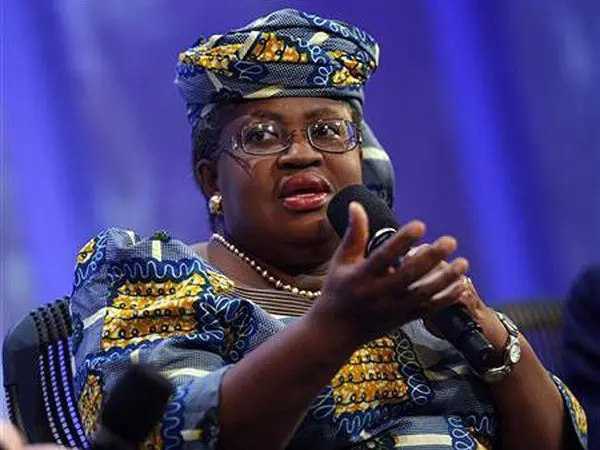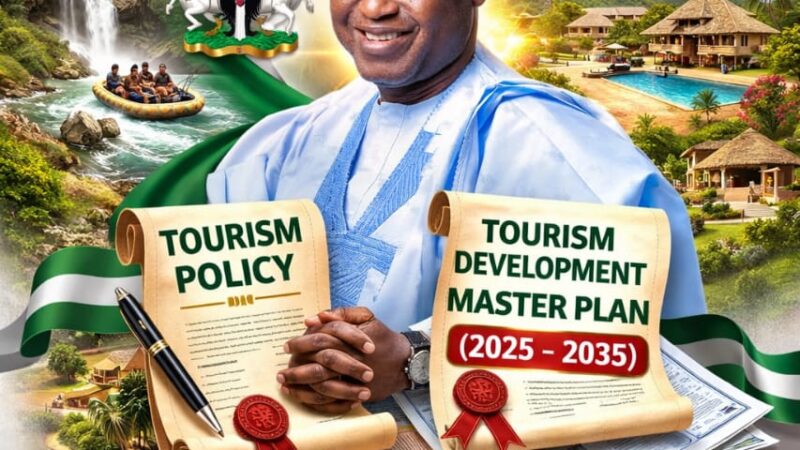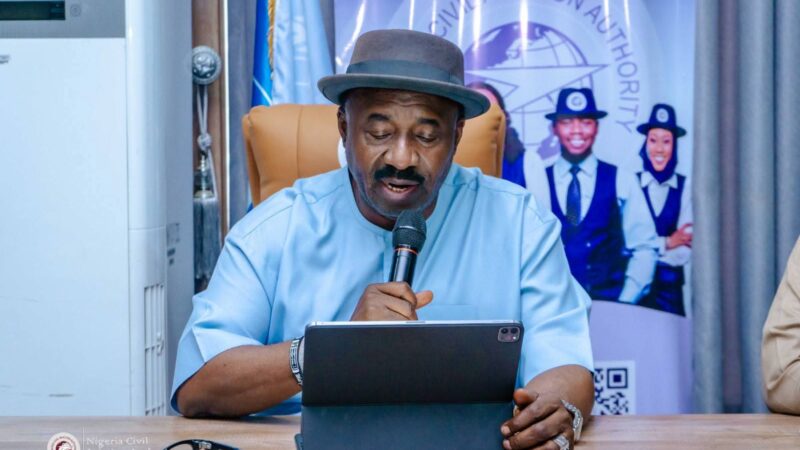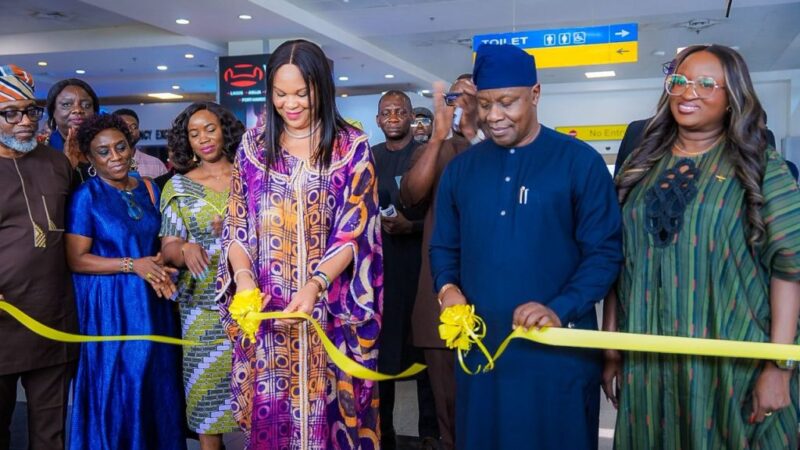Rising Trade Fragmentation, Protectionism Pose Global Economic Risks, WTO Chief Warns

Dr. Ngozi Okonjo-Iweala, Director-General of the World Trade Organization (WTO), has raised concerns about the increasing fragmentation and protectionism affecting global trade.
In an interview with the BBC, she highlighted how these developments undermine WTO rules and threaten the resilience and growth of countries worldwide.
“We are seeing increasing protectionism, some undermining of the WTO rules, and some of this is leading to fragmentation,” Dr. Okonjo-Iweala stated. “Global trade is really part of the lifeblood for making countries resilient – and also for underpinning growth, so we are concerned about that.”
Recent actions by the European Union (EU) and the United States have brought these fragmentations to the forefront, resulting in trade tensions between the West and China.
The EU has imposed provisional tariffs of up to 37.4 per cent on Chinese electric vehicles (EVs), following the U.S. decision in May to introduce 100 per cent tariffs on the same.
Both Brussels and Washington accuse China of unfairly subsidising its EV sector, leading to artificially low prices that threaten Western jobs.
President Biden has further escalated trade measures by increasing tariffs on other Chinese products, including EV batteries, solar panel cells, and computer chips.
These steps aim to reduce reliance on Chinese imports through initiatives like the Inflation Reduction Act, which pours billions of dollars into green technology.
The EU Trade Commissioner Valdis Dombrovskis expressed the EU’s stance on the matter, emphasising the importance of fair competition.
“We welcome imports, we welcome competition, but this competition must be fair,” he told the BBC.
The WTO reported a 1.2 per cent decline in global trade volume last year, only the third drop in 30 years, attributing it to higher inflation and interest rates.
The International Monetary Fund (IMF) highlighted that recent shocks, such as the pandemic and Russia’s invasion of Ukraine, have fundamentally reshaped global trade relations, with countries prioritising economic and national security in their trade decisions.
Gita Gopinath, IMF’s First Deputy Managing Director, explained the situation to the BBC: “What we’ve seen in the last few years, I would say, especially when it comes to global trade relations, is nothing like we’ve seen since the end of the Cold War.”
Dr. Okonjo-Iweala warned about the growing trade between like-minded blocs at the expense of cross-bloc trade, estimating the cost of this fragmentation at 5-7 per cent of the global economy.
The surge in Chinese EV exports to Europe, from $1.6 billion in 2020 to $11.5 billion last year, underscores the competitive pressure on Western industries.
European Union Chamber of Commerce in China President Jens Eskelund noted the need for balance, suggesting that Chinese EV makers, now competitive without subsidies, indicate deeper market imbalances.
EU-China trade relations have deteriorated, with EU exports to China falling despite China’s steady economic growth. Eskelund criticised Chinese market access restrictions and security regulations, calling for a more reciprocal trade relationship.
The EU is actively trying to reduce its economic dependence on China, with European Commission President Ursula von der Leyen advocating for “de-risking not de-coupling.” This shift is driven by concerns over Beijing’s use of sensitive technology and support for Russia amidst the Ukraine conflict.
Significant disruptions in major trade routes, such as the Panama Canal and the Suez Canal, have compounded global trade challenges. Reduced ship traffic due to drought and attacks by Houthi rebels have driven up shipping costs, which ultimately impact consumer prices and inflation.
Despite the tensions, Dr. Okonjo-Iweala remains hopeful about trade resilience and the WTO’s role in resolving disputes.
She acknowledges the need for some WTO rules to adapt to climate change challenges and warns against a return to the retaliatory tariffs of the 1930s, which had devastating global economic consequences.
“We hope we don’t have a repeat of what we saw in the 1930s. We had retaliatory tariffs, and it was downhill from there and everyone lost. So I do hope we will not enter into that kind of era again,” she said.







